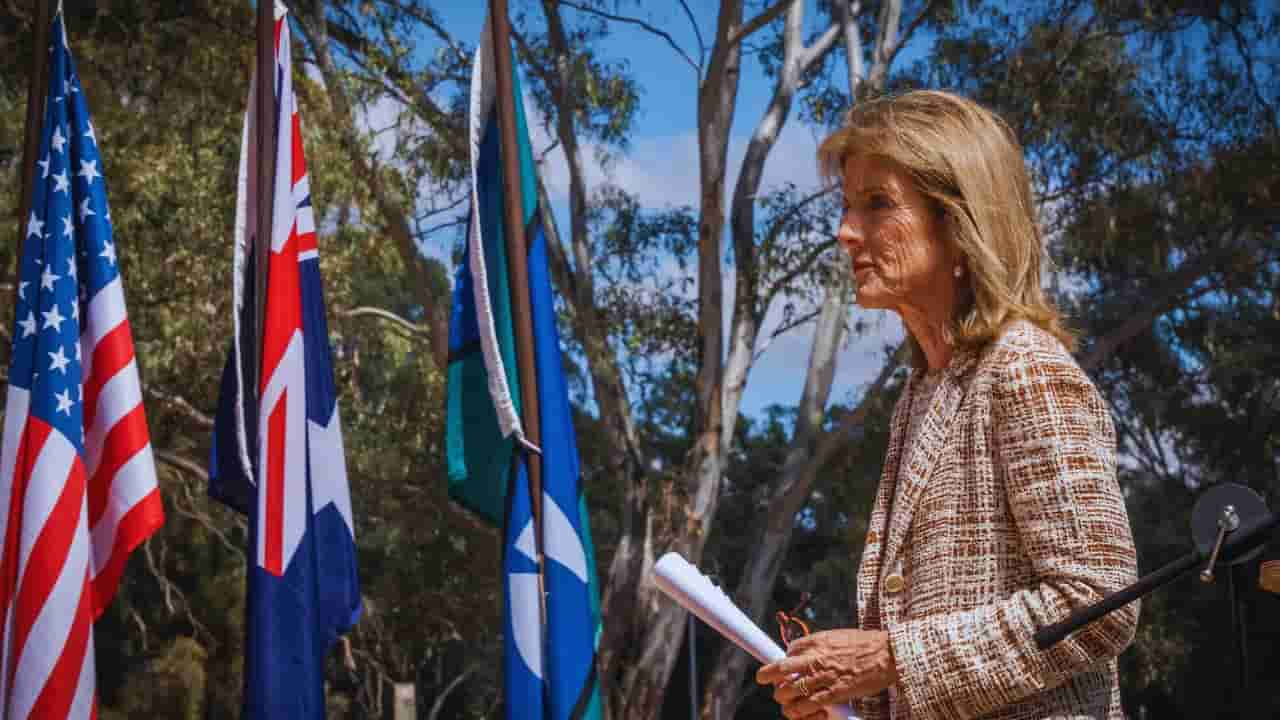Controversy Swirls as RFK Jr. Heads to HHS: Family Tensions and Food Safety Concerns Take Center Stage
In a week of dramatic developments following President-elect Donald Trump’s nomination of Robert F. Kennedy Jr. as Secretary of Health and Human Services (HHS), both public health concerns and family divisions have emerged into the spotlight.
Caroline Kennedy, U.S. Ambassador to Australia and cousin to the nominee, delivered a striking public critique during a National Press Club appearance in Canberra.
“His views on vaccination are dangerous,” she stated bluntly, adding that most Americans don’t share these positions. The timing of her remarks—just days after Trump’s announcement—highlights growing tensions within America’s most famous political family.
Meanwhile, RFK Jr.’s focus on food safety has sparked its own discussions. “We have a generation of kids who are swimming around in a toxic soup right now,” Kennedy declared in a recent Fox News appearance, pointing to the prevalence of ultra-processed foods in American diets.
Dr. Marc Siegel, Fox News senior medical analyst, largely backed Kennedy’s concerns about food quality while appearing on “Fox & Friends.” He highlighted specific dangers in our current food system, including Red Dye No. 3—already banned in Europe and California due to cancer links in animal studies. Studies have also linked the dye to hyperactivity in children.
The scale of the problem is striking: ultra-processed foods make up 73% of America’s food supply. Dr. Siegel identified several harmful additives in the food supply.
- MSG
- He directly links high-fructose corn syrup to obesity.
- Nitrates have been shown to cause cancer in animals.
- Excess sugar and salt
However, the path to reform faces significant hurdles. “The food industry, pharmaceutical industry, and lobby groups in Congress are exerting pressure on the FDA,” Siegel clarified. “They have so much power, they pretty much dwarf the FDA.”
The controversy over Kennedy’s nomination extends beyond food safety. His sister Kerry previously stated, “I love my brother Bobby, but I do not share or endorse his opinions on many issues.” This family division reflects broader concerns about Kennedy’s views on public health, particularly regarding vaccines.
While Kennedy describes himself as a vaccine safety activist concerned about corporate influence on science, critics point to his promotion of debunked theories linking vaccines to autism. His 2019 visit to Samoa has also drawn scrutiny for potentially contributing to vaccine hesitancy during a measles outbreak.
As the transition to Trump’s second term proceeds, these tensions between public health orthodoxy and Kennedy’s positions seem likely to intensify. Caroline Kennedy’s remarks hint at the challenges ahead: “I grew up with him, so I’ve known all this for a long time. Others are just getting to know him.”
The incoming HHS Secretary faces a complex landscape: addressing legitimate concerns about food safety and corporate influence while navigating family tensions and controversial positions on vaccines.
His “Make America Healthy Again” initiative aims high, but success will require threading numerous political, scientific, and personal needles in the months ahead.
For now, Dr. Siegel suggests a middle path, acknowledging both concerns and opportunities: “The goal isn’t to squash big pharma,” he noted, recognizing their role in developing “tremendous new treatments.” Instead, he advocates for a more balanced approach, including tax incentives for healthy behaviors and a shift from “sick care” to true health care.
